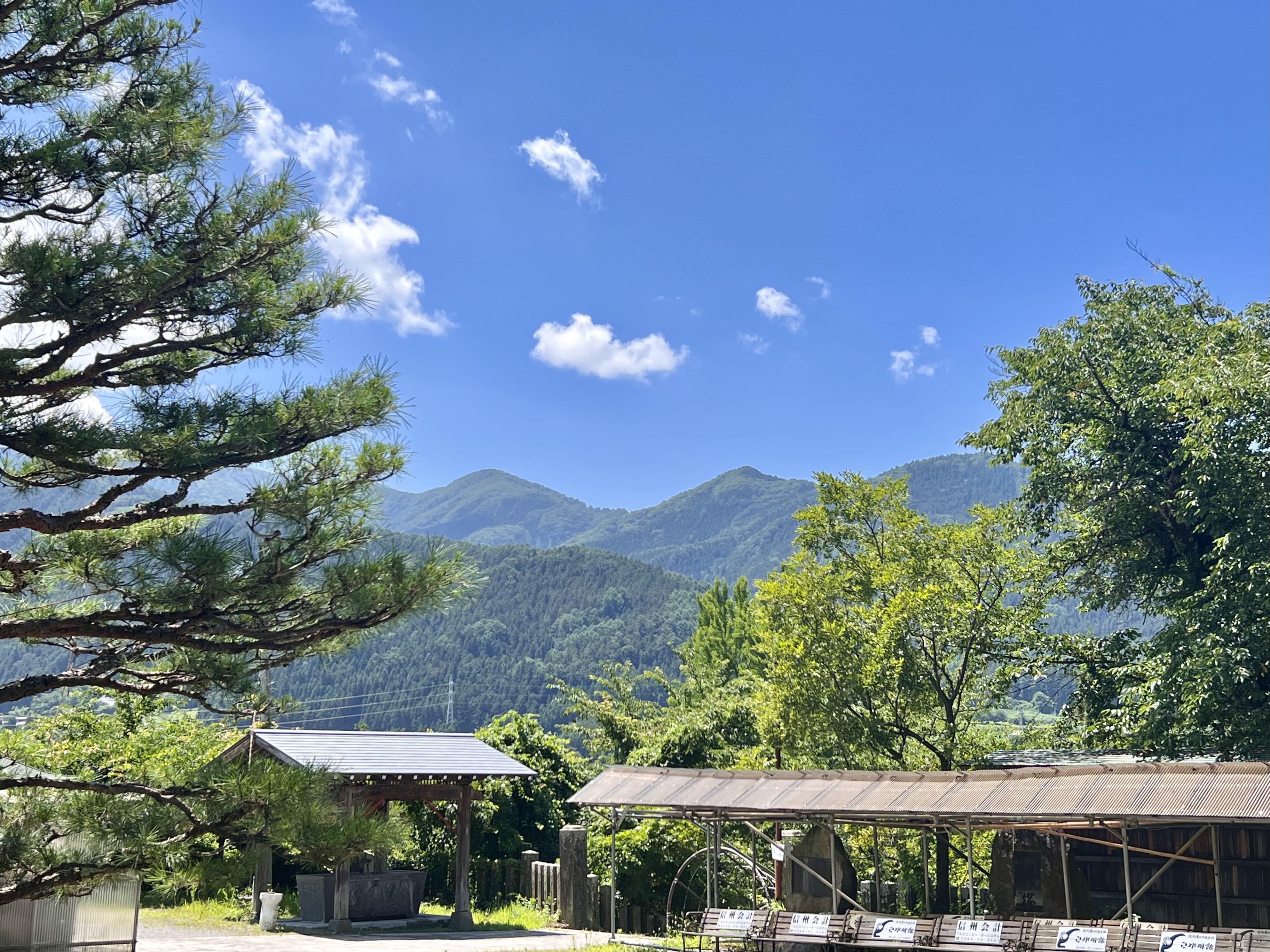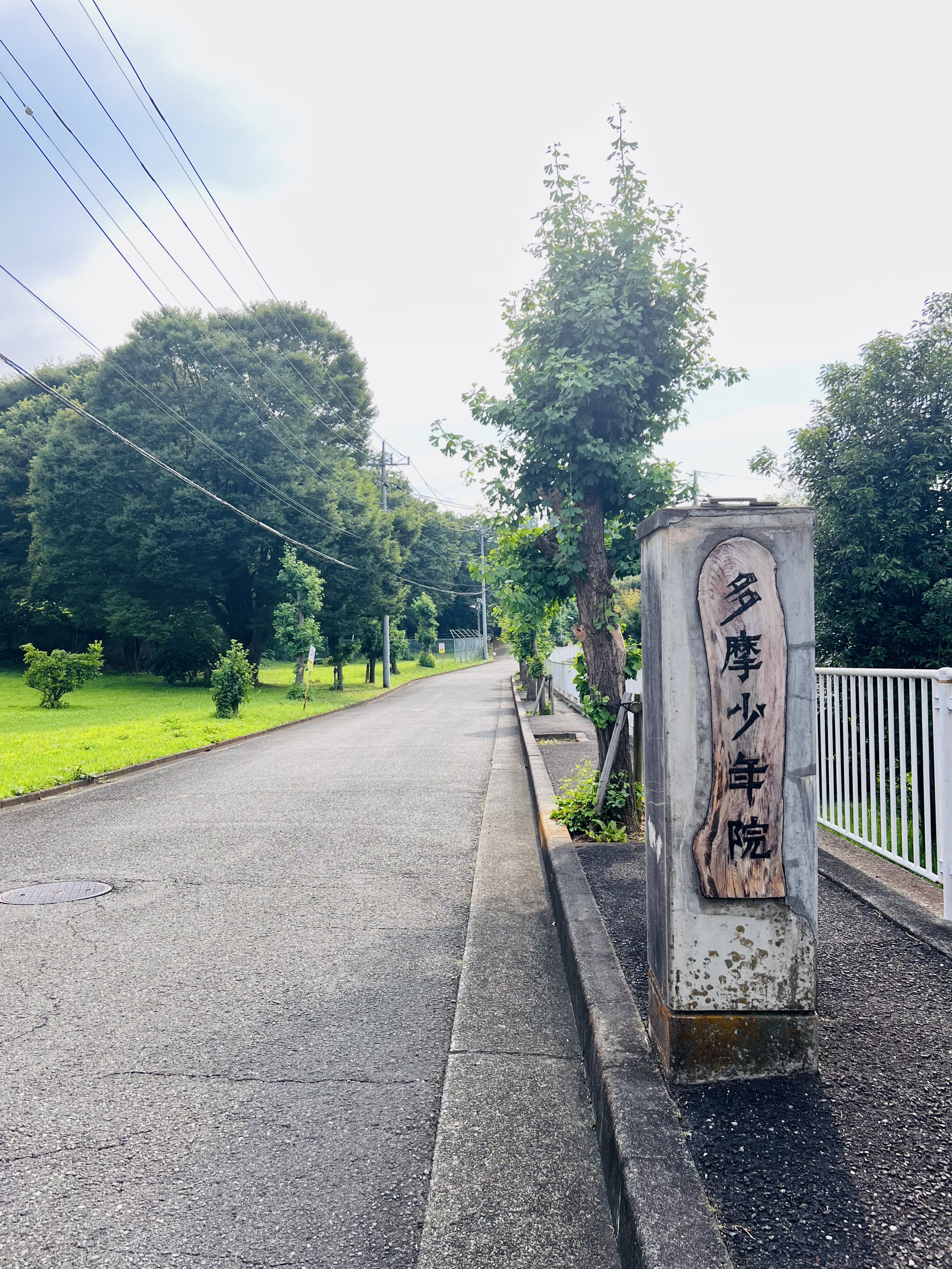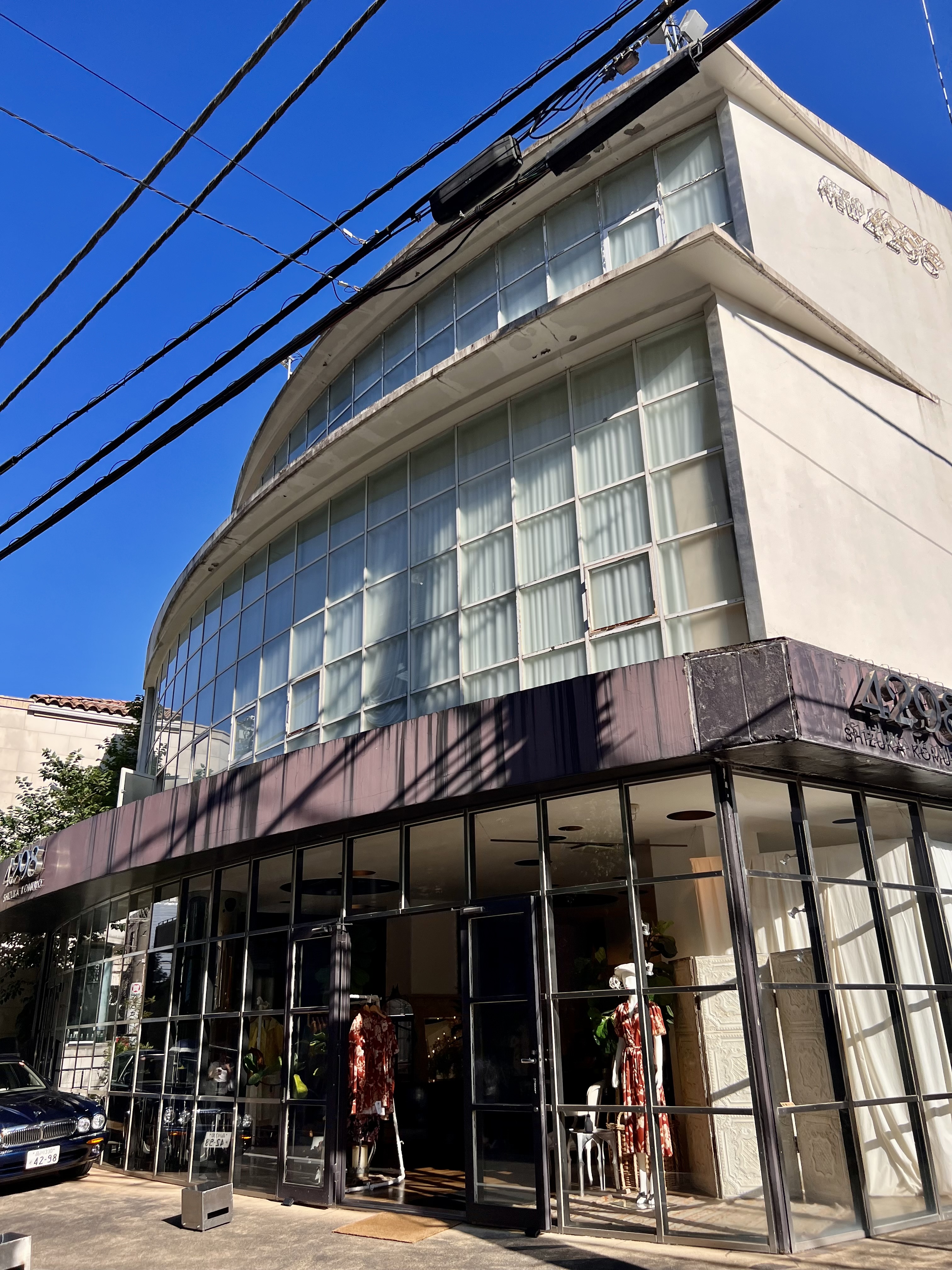Mitobira design project in prison, Japan
https://3tobira.or.jp
I zoom with the Mitobira project directors on a Saturday morning right in the middle of the scorching Tokyo summer. As Chiaki Yamabe, Makiko Matsuo, Satoko Asan Makiko Tamaki prepare for the official launch of their tapestry collaboration in Tokyo University of the Arts, we are joined by Rika Fujii from Arts Initiative Tokyo
 Summer in Japan
Summer in JapanGeneral Incorporated Association Mitobira,
(Representative director Shoji Fujimoto) started 3 years ago as a partnership between the ministry of justice of Japan and a fashion business. Government operation public facility, private finance initiative, as well as crowdfunding has been used to have the project sustainable.
This is a very exciting time - on the other side of the screen a package is being opened. Inisde are traditional style carrier bags, made from silk kimono fabric. These are designed and made by incarecerated women by the women participants of the project. The bags are beautiful and look very practial. I inquire about the price but it hasn’t been decided yet.
Another example of the products designed and produced as part as Mitobira project are womens tops - a fusion of traditional Japanese fabric with a western design twist. They are stylish and they are quality.
The overall aim of the project is to create a possibility for the women who are affected by the system to develop design eye, learn sewing skills, and upon release from prison have established a network and an opportunity to continue their employment.
 Mitobira fashion design (image: Mitobira)
Mitobira fashion design (image: Mitobira)As we chat online, my room shakes and the checked windows rattle. A truck passing by on the road? I look at my zoom mates, their knowing faces and worried voices - an earthquake! It’s a small one. On we go with our discussion.
First sales of the goods are to a hotel as amenity goods. The pieces will be available for the general public to purchase once the prices are calculated. The directors will set up an online shop.
 Mitobira fashion design (image: Mitobira)
Mitobira fashion design (image: Mitobira)Prison facilities often have sewing workshop equipment set up, and in the cases where they do not, the team has provided donated machines and irons. Operator training and creating printed manuals have been a large undertaking for the team. This is to make sure that everyone can learn and work the sewing machines, the overlocks and the drafting sets.
 Tama juvenile detention facility, Tokyo
Tama juvenile detention facility, Tokyo Pioneers in design, craft, technology, Japan has recently begun to open to socially engaged creative practices that welcome persons living in institutions. It is an exciting time for those artists who have worked hard for many years to make these changes happen.
This project is an example of women to women solidarity: “Many people return to crime because they don't have the money to start when they enter the workforce. Those who serve short sentences do not receive adequate training. They are useless when they enter society. At Mitobira, women are encouraged to improve their sewing skills. I want them to be skilled enough. I want them to make it their job from now on.“
 A fashion store in Tokyo
A fashion store in TokyoMost women who serve a long sentence are involved in a production or training organized by the correctional institution. Work possibility varies on the sentence length and the person's abilities and skills. Some of the goods are sold to the general public through an online shop. What makes Mitobira different is that they aim to provide skills for the incarcerated women to develop and after the release continue to work or set up their own business.
“The reason why we use kimono is to convey Japanese culture. We want to create meaningful products. We want to be known as a fashion brand, rather than as something made in a prison. We want to convey this to the people in prison. We want them to have confidence in themselves and to increase their value.”
”NIJIMU”
The world blends together through art, and from the words of an artist named Katsuhiko Hibino, the message of the brand.
 Fabric store, Nippori Fabric town, Tokyo
Fabric store, Nippori Fabric town, Tokyo Artist Anastasia Artemeva is a recipient of a Residency travel grant from Finnish cultural foundation and Artist Initiative Tokyo. Her research visit to Japan took place in June-August 2023.
